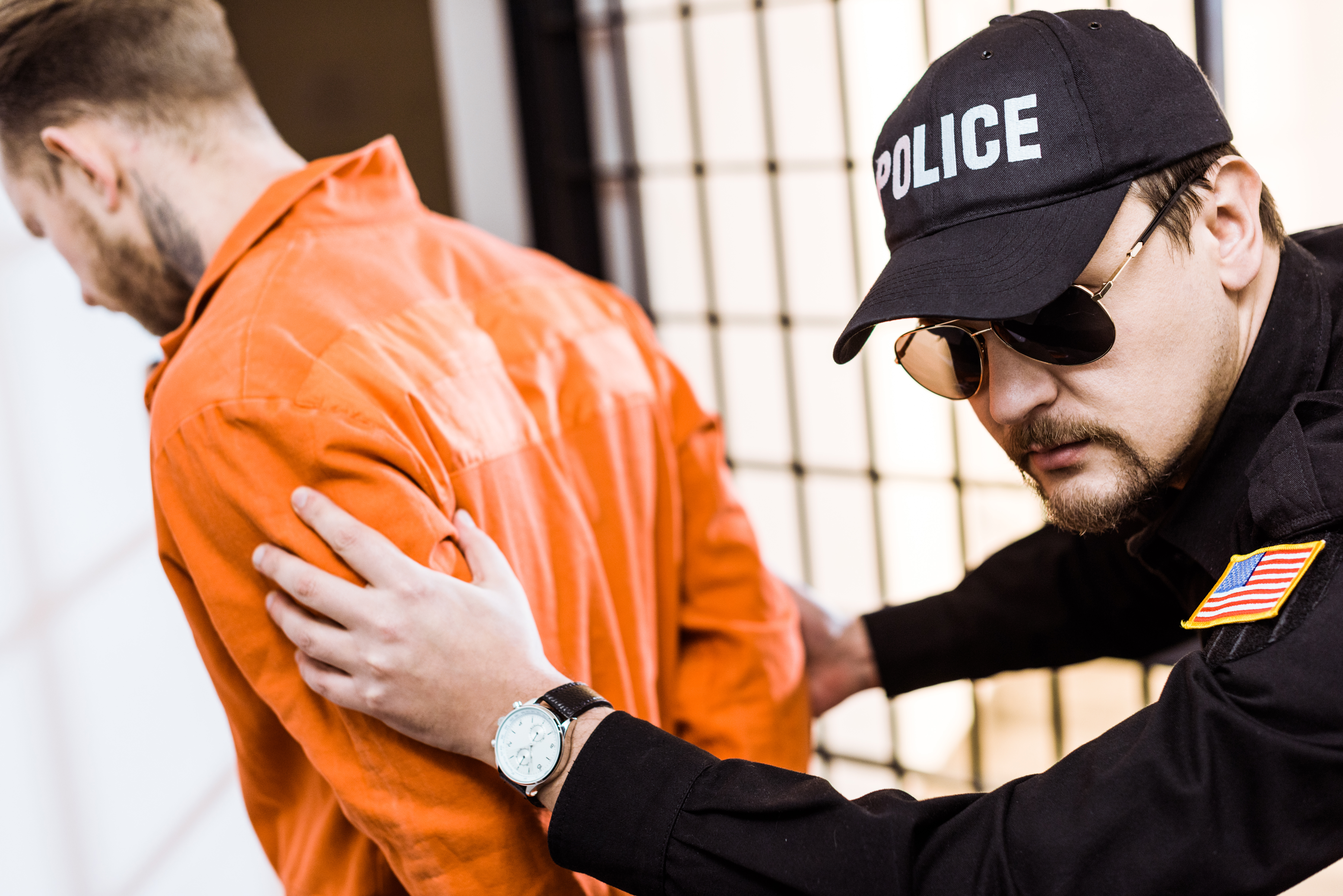At LUNALAW, pllc. You will not simply get a lawyer to “get you out of trouble.” In addition to legal representation, the attorney will provide you with a comprehensive evaluation of the legal alternatives, and courses of action ahead of you, while creating a discrete, confidential space to evaluate the emotional, financial, and even psychological consequences of every decision. When you hire LUNALAW you are not a number on a file, you become a very important client that will be part of our law firm as we will be part of your life while we defend your record and your freedom. From explaining every decision to maintaining a constant channel of communication, at LUNALAW, pllc. We understand that your concerns do not need to be limited to 9:00am to 5:00pm. We will provide a unique 24/7 experience, answering questions you may have, which will be promptly answered to keep you at ease through these difficult times.
Criminal defense law refers to the legal protections provided to individuals who are accused of committing a criminal offense. Both law enforcement agencies and government-appointed prosecutors have access to a wide range of resources. If the accused are not given adequate protections, the balance within the justice system could be tilted in favor of government. As it stands, fair treatment of criminal defendants is dependent on their defense attorney’s skill as much as the substantive protections in the law.
It is not difficult for defense lawyers to utilize constitutional guarantees in their favor. Every criminal case is based on evidence that the government has gathered. This can include witness statements, physical evidence, and confessions. The Forth Amendment of the U.S. Constitution is applicable to the 14th Amendment states. It prohibits police officers from using unreasonable searches or seizures to gather evidence. If they do, a defense lawyer will ask the court for suppression of that evidence so it can’t be used in trial.
The Constitution offers many additional protections for criminal defense law. The Fifth Amendment’s “double jeopardy” provision prohibits anyone from being charged again with the same office if they have been acquitted and tried. Sixth Amendment guarantees criminal defendants the right of a public trial. In many cases, they also have the right to have their innocence or guilt decided by a jury. It gives criminal defendants the right to confront and subpoena court officials to obtain favorable witnesses.





